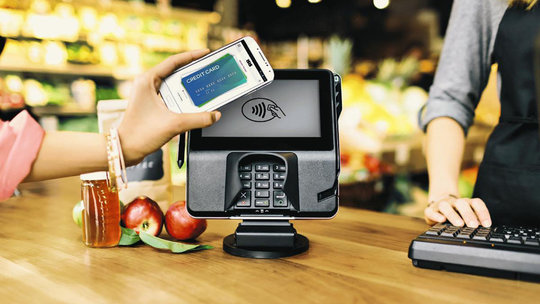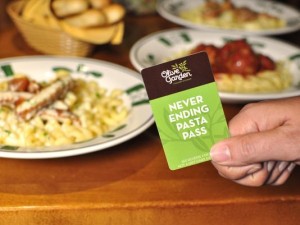Payment has never been as exciting as before. Shortly after Apple has launched its newest tech-savvy application Apple Pay in October 20, 1 million credit cards are registered in merely 3 days. However, retailers including Rite Aid and CVS started to drop their support and plan to create their own payment system.
Market or Product-Oriented?
Apple’s aim to make customers’ lives easier and simpler might have been achieved, but the BIG question lies in whether they are able to maintain this success and create a shared value. As a customer myself, I do want to get through the line and pay quickly. Nevertheless, privacy and security are my major concerns too. Apple’s iCloud has recently been hacked, so how are we supposed to regain our trust in Apple?
Revamping Value Proposition
Furthermore, in a retailer’s point of view, I would install Apple Pay in my store if it can generate extra benefits by putting loyalty in it and get repeat business, but unfortunately Apply doesn’t provide this. It’s not built to support merchant loyalty programs. Thus, how can Apple attract retailers to support this innovation?
I believe that Apple must reconsider whether this service creates a good enough value proposition for a sustainable innovation. It might seem ‘cool’ at first, yet how long will this product last before it reaches the end of product saturation?



